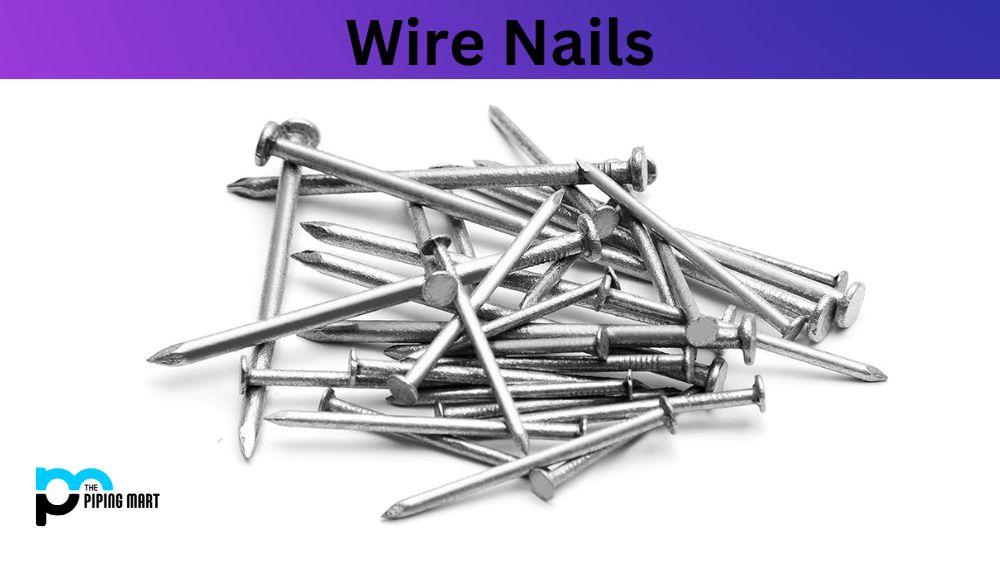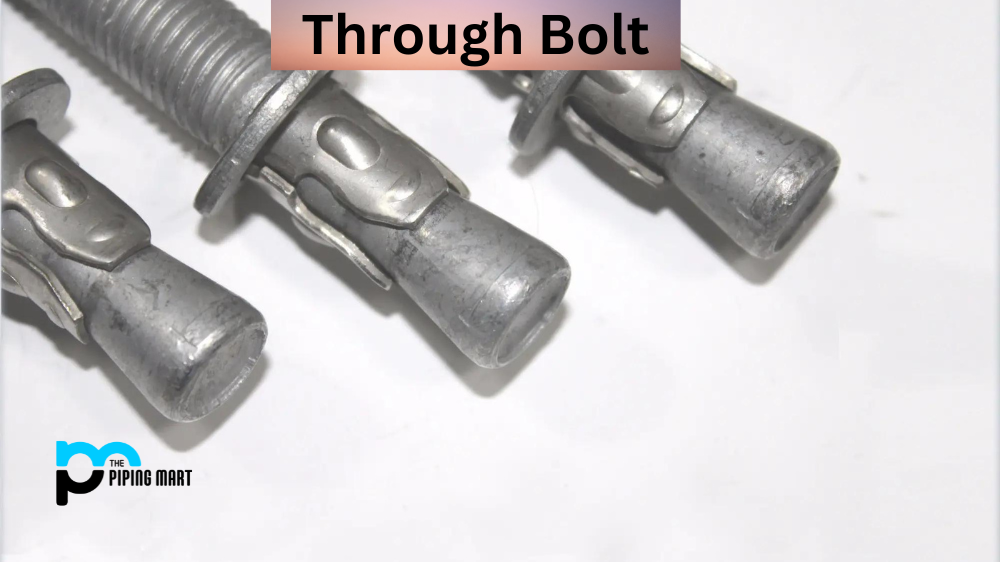Whether you are a DIY enthusiast or a carpentry professional, you’ve probably used wire nails or are planning to use them in your projects. Wire nails are commonly used in woodworking and construction projects because of their unique properties. They are lightweight and come in various sizes, making them ideal for different applications. However, like everything else, wire nails have advantages and disadvantages you should know before using them. In this blog post, we’ll explore the pros and cons of wire nails so you can decide whether they’re the right choice for your project.
Advantages of Wire Nails:
Affordability: Wire nails are a cost-effective option for securing pieces of wood together. They’re much cheaper than screws, bolts, and other fasteners, making them ideal for projects requiring many nails.
Easy to use: Wire nails are easy to use, even for beginners. They require no special tools or skills to install. All you need is a hammer and a steady hand.
Variety of sizes: Wire nails come in a wide range, from small finishing to large framing nails. This variety makes choosing the right size nail for your project easy.
Lightweight: Wire nails are lightweight, making them easy to handle and transport. This makes them ideal for projects that require a lot of nails, such as framing and decking.
Disadvantages of Wire Nails
Weakness: Wire nails are less strong than other types of fasteners. They tend to bend and break easily, especially if subjected to repeated stress or pressure.
Risk of splitting wood: When wire nails are driven into wood, they can cause the wood to split. This can weaken the wood and make it more vulnerable to damage.
Rusting: Wire nails are susceptible to rusting, especially if they’re used in damp environments. Once the nails start to rust, they can weaken and break, compromising the structural integrity of your project.
Difficulty in removal: Wire nails can be difficult to remove once installed. If you need to adjust your project or replace a damaged board, this can be a problem.
Conclusion:
Wire nails are a popular fastener for woodworking and construction projects because of their many advantages. They are affordable, easy to use, and come in various sizes. However, they also have some disadvantages, such as being prone to bending and breaking. They can also cause wood to split and are susceptible to rusting. Consider these pros and cons when deciding whether to use wire nails in your project. Depending on the project, they could be the perfect solution or not the best choice. Remember, every project is different, so choose the fasteners that best suit your project.

Hey, I’m Krutik, a casual blogger expert in the metal industry. I am passionate about providing valuable information to my readers. With a background in engineering and construction, I like playing Cricket & watching Netflix shows in my free time. Thank you for visiting my blog, and I hope you find my information helpful!




